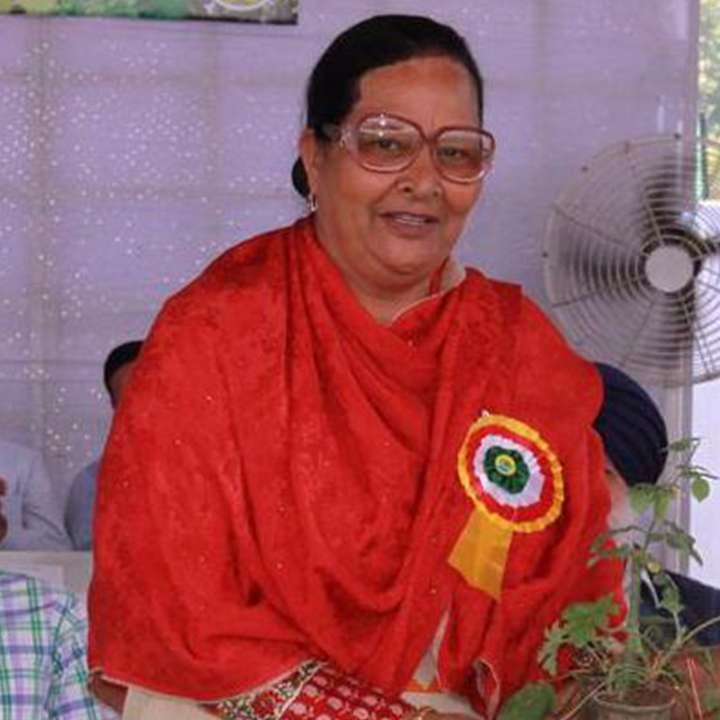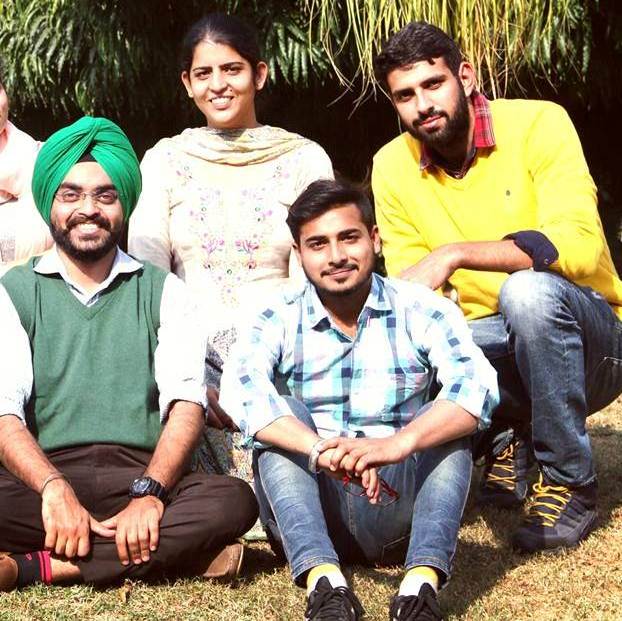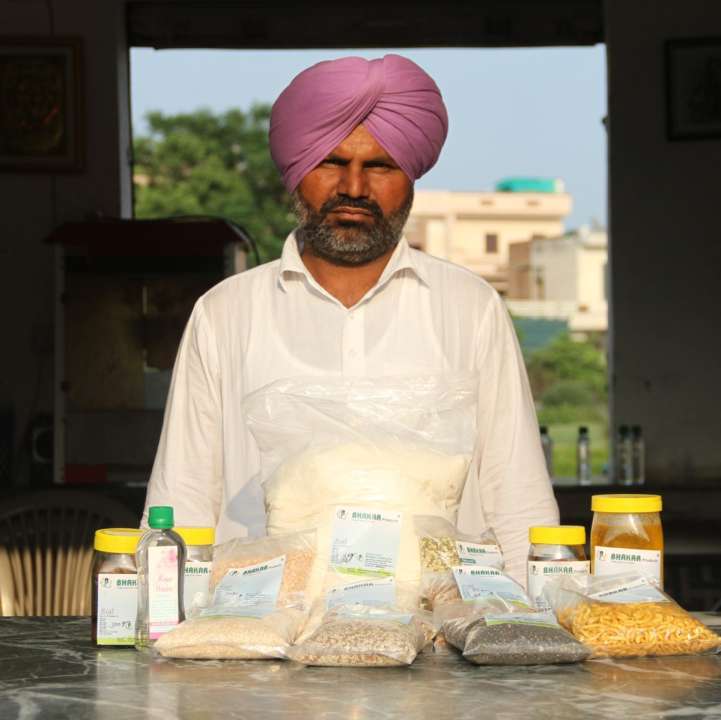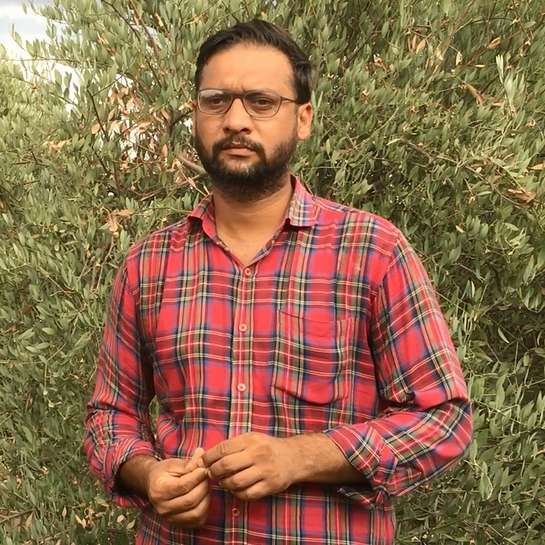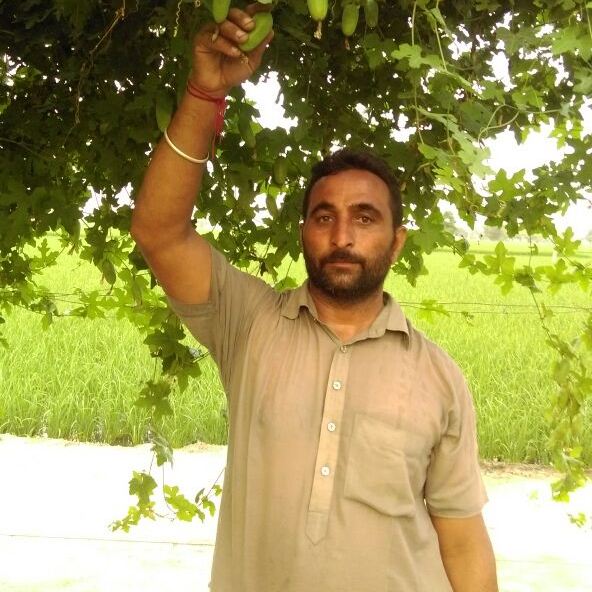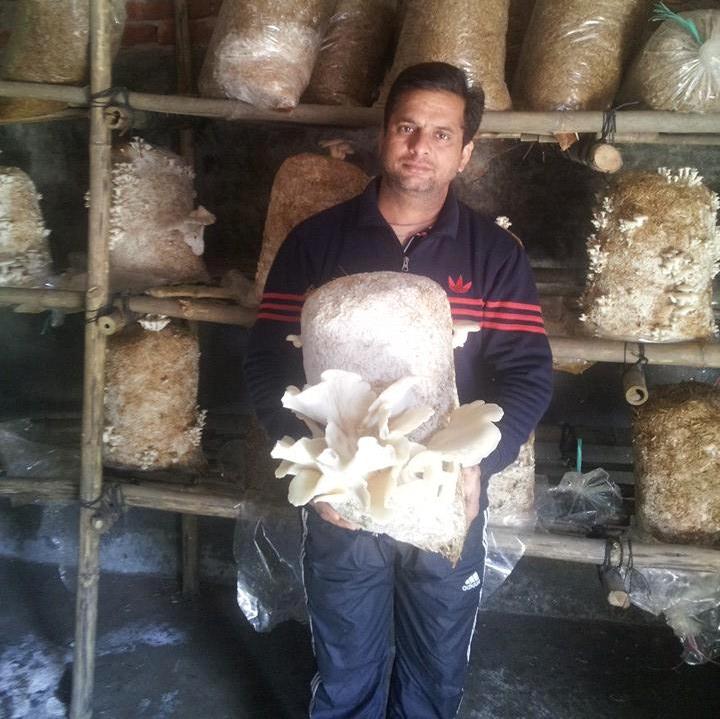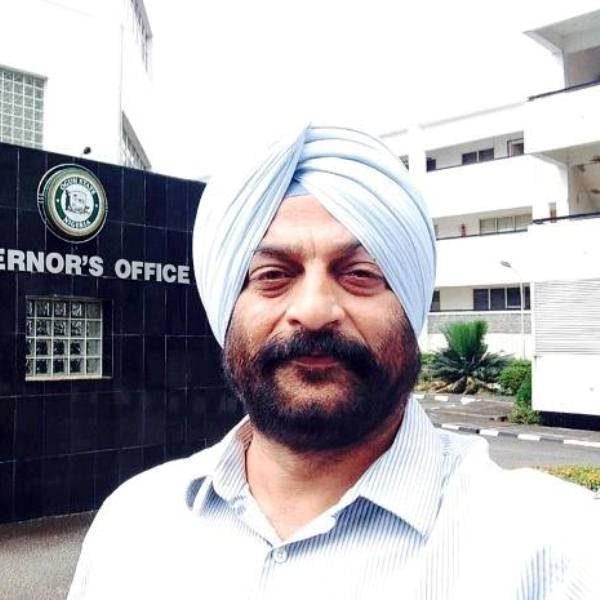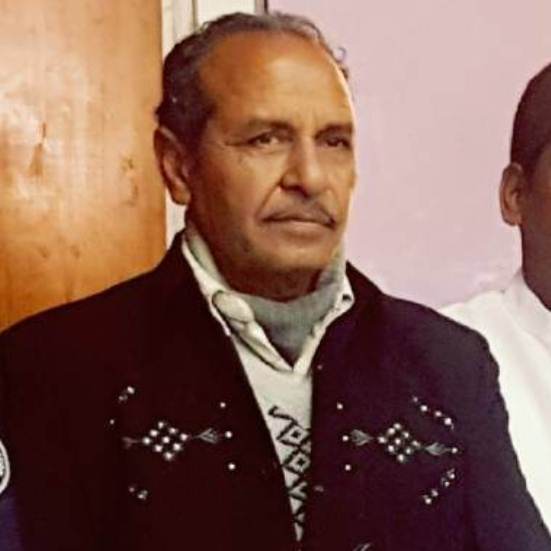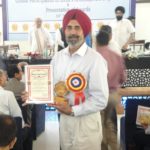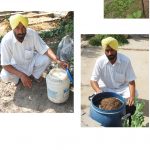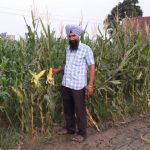Japinder Wadhawan, a young engineer, engrossed in Farm machinery
It is said that if you are determined to do something, then success runs back and forth and this truth is shown by a young engineer named Japinder Wadhawan.
Japinder connected his engineering studies with the field of farming because the farmer and farming have a huge contribution to society. The need for farm machinery also changes from time to time. With the help of latest technology, the work from sowing to processing can be done easily within a short span of time. But not every farmer is investing in these expensive machines. This problem was easily understandable to engineer Japinder Wadhawan, also known as ” Raftaar engineer. This young engineer is famous in Mohali for creating farm machinery at a low price. Japinder Wadhawan, who studied mechanical engineering, was completely unaware of the field of farming at first. He first worked as an assistant professor and maintenance engineer. Fortunately, he got an opportunity to attend the “Make in India” event in Delhi.
In this event he met a farmer, Sardar Harpal Singh Grewal, who had come there for rotavator. Japinder, realized Harpal’s need, and promised him to make a 10 foot rotavator. Harpal also got 40,000 rupees deposited in Japinder’s bank account for the preparation of machine. But Japinder had never designed any such machine, but at the same time he did not want to break his promise. So, realizing his responsibility, he started preparing the rotavator. With great hard work along with his colleagues, he prepared the rotavator in a month. This new attempt made by Japinder was successful and he got a lot of encouragement from the farmers. After this, Japinder started meeting the farmers in his spare time and came to know about the difficulties related to the machinery used by farmers in farming. During this time, Japinder met Dr. Ramandeep Singh, an expert and professor of farming business, Punjab Agricultural University and Mr. Sukhi Longia, a progressive farmer. With such personalities around him, Mr. Japinder encouraged himself to know more about the difficulties faced by farmers in farm machinery.
“Today, a number of farmers are committing suicide in our country, which is a shameful thing for our country. The major cause of farmer suicide is the pulsesost of farming machines. Very few farmers buy these expensive machines. Therefore, we understand the need of the farmer and try to manufacture machines at low prices” – Japinder Wadhawan
He got another project for a turmeric boiling machine. He got this project too by luck. In a bus, he met a farmer who wanted to make turmeric boiler machine. Within a month, Mr Japinder prepared turmeric boiler. After this, Japinder decided not to look back. Whatever projects he got from the farmers, he tried his best to meet the expectations of the farmers with his hard work, in which he was successful. After the success of these Projects, Mr. Japinder formed a team with his fellow colleagues and this team was named – Raftar Engineering Professional Company. Their team consists of engineers and college students from about 15 different disciplines, who have done a master in their respective fields. To make his skills accessible to other farmers and people, Japinder shares videos of machines prepared by his team with other farmers through social media.
This platform of social media has been very helpful for them to join more people. “If we put it in simple words, we understand the difficulties of the farmers. We make machines as per the requirement of the farmer, so that they can adopt new technology and increase their earnings” – Japinder Wadhawan
Machines made by Japinder:
- Rotavator
- Garlic Onion Peeler
- Jagery processing frame
- Turmeric steam boiler
- Turmeric pulverizer
- Turmeric polisher
- Power weeder
- Pulses mill
- Pulverizer Irrigation scheduler
Future
Message for farmers



